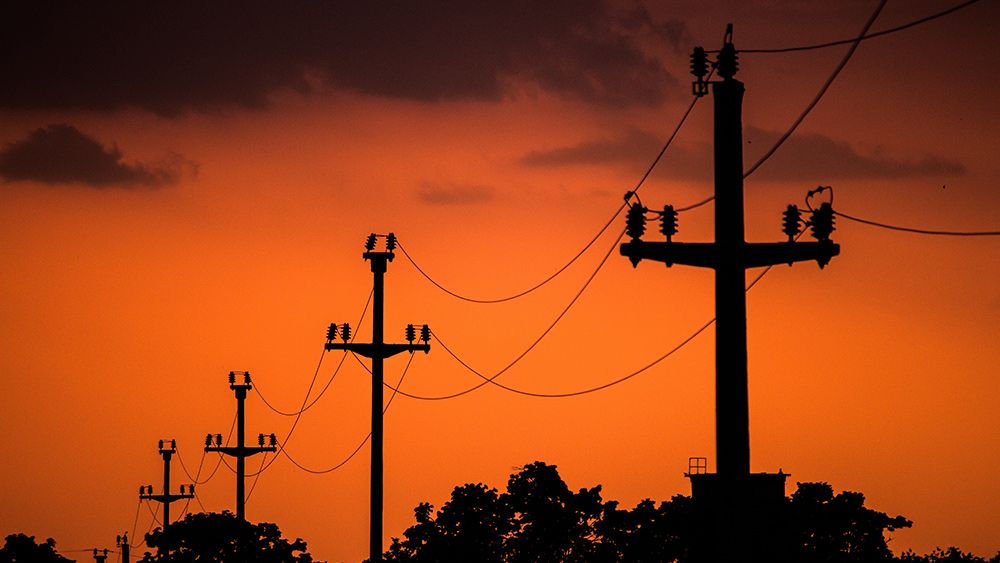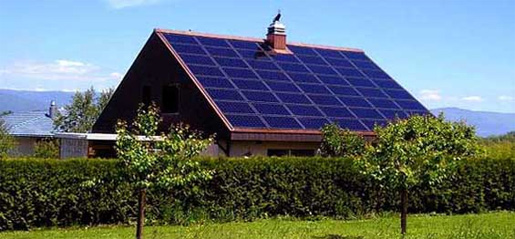Hurricane Helene death toll now over 200 as disaster relief operations continue
10/04/2024 / By Kevin Hughes

The death toll from Hurricane Helene has risen to over 200 as millions of Americans in the Southeastern United States remain without power and President Joe Biden’s administration continues to assess the damage, especially in the Carolinas.
As recovery work proceeds, more than one million people remain without power, leaving communities across the Carolinas and nearby states struggling with scarce resources. (Related: Hurricane Helene leaves millions without power and dozens dead… and the post-storm situation is only getting worse.)
In Asheville, North Carolina, the government reported that hundreds of people remain missing in Buncombe County, one of the hardest-hit regions. In Tennessee, at least 85 people remain missing, many of whom are feared dead.
The president has approved federal disaster assistance for survivors in Florida, Georgia, North Carolina, South Carolina and Virginia. The federal government will cover 100 percent of all the emergency protective measures and debris removal costs in North Carolina for six months, and in Georgia and Florida for the next 90 days.
Former President Donald Trump was the first major national politician on the ground, visiting seriously affected areas in Georgia. Vice President Kamala Harris followed a day after, traveling to areas in North Carolina and Georgia to examine the situation.
About 1.3 million citizens across southeastern America are still experiencing power outages
As of early morning Wednesday, Oct. 2, about 1.3 million citizens across southeastern America were still experiencing power outages.
The outage includes more than 373,000 in Georgia, almost 494,000 in South Carolina, and over 347,000 in North Carolina. Many thousand Americans remain without power in Florida, Virginia and West Virginia.
Beyond power outages, several areas confront serious water shortages. Almost 100,000 people are without running water in Asheville, with government reports notifying residents to boil water and use local creeks for essential needs.
The Federal Emergency Management Agency (FEMA) sent a cargo plane of food, water, and emergency supplies on Tuesday, Oct. 1, to help those in need.
In Augusta, Georgia, residents have been without running water for three days and remain under a boil water advisory, while other areas continue to cope with similar challenges.
Biden and several lawmakers, including Florida Sen. Rick Scott, have called for Congress to approve extra disaster relief funding. The president has even floated the likelihood of recalling Congress, presently on recess, to authorize an emergency aid package to affected states in the Southeast.
But that’s highly unlikely as Congress is already quarreling over the passing of a stopgap funding bill providing FEMA with $20 billion in disaster relief funds. Of that amount, $6 billion was allotted toward earlier disasters, such as the wildfires in Hawaii and the flooding in Vermont.
House Speaker Mike Johnson (R-LA) has stated his reluctance to reconvene Congress right away, stating that FEMA has already been provided with “the funds it needs to respond,” and his desire is first to make sure “those resources are appropriately allocated” before more funding is given for disaster relief.
Follow Disaster.news for more stories about hurricanes and natural disasters happening in America.
Watch the video below about a U.S. Army veteran revealing startling body recovery information after Hurricane Helene.
This video is from the TrendingNews channel on Brighteon.com.
More related stories:
Sources include:
Submit a correction >>
Tagged Under:
Asheville, big government, chaos, disaster, disaster relief, electricity, Florida, Georgia, grid collapse, Hurricane Helene, hurricanes, Joe Biden, natural disasters, North Carolina, power, south carolina, Virginia
This article may contain statements that reflect the opinion of the author
RECENT NEWS & ARTICLES
PowerGrid.News is a fact-based public education website published by Power Grid News Features, LLC.
All content copyright © 2018 by Power Grid News Features, LLC.
Contact Us with Tips or Corrections
All trademarks, registered trademarks and servicemarks mentioned on this site are the property of their respective owners.



















